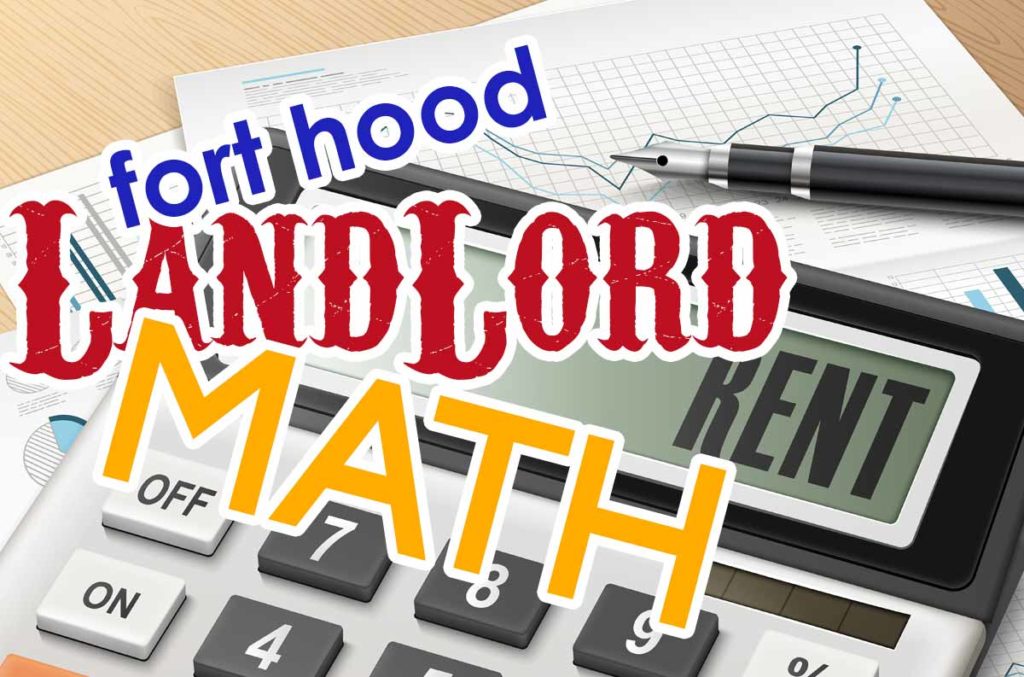
Takeaways
- No home will be 100% perfect.
- Buy smart, so that you have options in case your home doesn’t work out
- Have an exit strategy, just in case, even if it’s your “forever” home
Buying a home is like a relationship. First, you search online. Then you go out for a date. Then you put a ring on it and start your due diligence, and finally, you close the deal. And probably like most relationships, you are going to run into some bumps after. It is just natural as two people, or people-and-house, get to know one another.
“You will wish you had done a few things differently”
That’s not a very sexy thing to tell my new home buyers. But it is true.
Even millionaires (or especially millionaires) who build themselves mansions have regrets. As soon as they walk into their new million dollar mansion, they realize something or other they wish they’d done differently. It is just natural. It’s the human spirit, to always be improving! Unfortunately, homes are not easily changed.
Early, the second-guessing will be “did I get a good deal”? If you paid attention to the CMA and carefully planned out your finances and what the home has to offer you, then there is no reason to doubt yourself. And remember, the seller is wondering “did I get a good deal”, too.
And then there is after the euphoria of closing a home wears off, and the fresh, vacant, clean home is replaced with your move-in mess that will last months. As you start to settle in, you’ll be annoyed that a piece of furniture doesn’t fit where it should, or the refrigerator door blocks the utility room, or you wish you hadn’t bought a two story with so many stairs. There will be something. Hopefully it’s just little things.
Top Regrets
Neighborhood
Sometimes it’s hard to get a feel for a neighborhood until you’ve lived in it. The best thing to do to avoid this regret is to visit the neighborhood frequently while still exploring your home and at different times of the day so you get the best feel for it beforehand.
Commute
You’ve bought a home and, if you’re new to the area, you may still be using a GPS to even find it. So the commute will be new, too. Sometimes it’s more than what you were hoping for, or you didn’t expect the traffic to be what it is. The only advice I can imagine is to try to drive the routes you’ll be taking at the times of day you’ll be driving. Of course, also plug in the route to work on Google Maps to get an estimated driving time.
Property Condition
Did you buy a fixer-upper because you thought you could Do-It-Yourself? And now you realize you have neither the time, money nor skills to actually follow through? I recommend buying a home in need of any significant upgrading or maintenance only if you A) have the passion and professional skill set to accomplish the tasks or B) have the money on standby to take care of repair issues immediately after closing.
Price
You might not realize that you overpaid for your home until it comes time to sell it. Other than a thorough market analysis, it is perhaps a good idea to have your agent draw a seller’s estimated net sheet based on your offer price and terms. That sheet is what the seller’s bottom line looks like. It can be eye-opening, especially in a buyer-friendly market like Fort Hood!
One Common Mistake That Costs Buyers
- Don’t use the seller’s listing agent as your Realtor when buying a home
- Beware a Realtor who shows you too many of their own listings
- Love a home that happens to be your agent’s listing? Ask to be referred to a colleague
Tips to Avoid Buyer’s Remorse
Buy Resale instead of New Construction
Buying from a builder can be an amazing and rewarding experience. But there is one major disadvantage when you’re building from the ground up.
You don’t get to see it until it’s too late.
By the time the home is built and you actually see a finished product, you’re a week out from closing. Maybe the schemes, colors, and fixtures you chose did not mesh at all how you expected. Maybe the floorplan looked amazing on paper but is a disaster in reality.
Buying resale homes – i.e. not new – means that you know exactly what the styles, colors, and room dimensions will feel like. No (or at least, fewer) surprises.
Choose a Good Realtor
A good Realtor should know the market, know what to expect, and be a great sounding board for your ideas. Throughout the entire decision making process, they should be able to help inform your decisions – not make them for you, but give you the information and tools you need to make them.
Avoid Fixer Uppers
Maybe you were hunting a deal, or the home had everything else on your checklist minus needing some “TLC” (Tender Loving Care). “Don’t worry – I’ll have time, money and willpower to fix up those things later”.
Hopefully, the time, money and willpower is there. But a major source of buyers remorse may be the projects – some perhaps very much needed – that are left undone because they are more involved, expensive, or draining than you expected. Be wary if you are buying a project, and make sure you know what you’re getting into.
Make Good Choices
Review your list of “must-haves”, “would likes”, and “must-not-haves”. Make sure the home you are interested in meets most of that criteria. Sometimes, we may see a home that has a wow feature that pulls us in, and we forget what is important until it’s too late.
Stop Looking at Homes Once Under Contract
I don’t always recommend this. But it might help your peace of mind if you have trouble making up your mind. You may be under contract – perhaps deep into the process – and you see a new home come up that you like better than the one you have now. Maybe it is a better layout. Maybe it is a better price. It’s likely too late to easily do anything about it.
If you have second-guesser-itis, you might want to stay off Zillow and www.HoodHomesBlog.com (except for the great articles!) while under contract.
Don’t Overpay
It’s natural to second guess yourself on the price you paid, both during and after the transaction. Especially as you watch the market around you go up and down.
You can’t do a lot about the market in the future. But it helps a lot to not overpay in the present. The best way to do this is to have a solid agent who can do a market analysis for you (called a CMA) and guide you on what is common in the area regarding prices, seller concessions, and other terms.
You can also look at getting a discount on the price by viewing foreclosures (though this conflicts with the earlier advice of avoiding fixer-uppers).
Get an Inspection
Issues with the property condition are a major source of regrets and consternation. At a minimum, having an inspection done will be key to identifying these issues and either getting the seller to address them or being prepared to address them yourself.
Related to this, you may want to get a home warranty. The additional protection if something breaks will bring you some peace of mind and help avoid major surprise bills like an A/C unit giving up on you.
Buy with Resale / Rent-ability in Mind
Just in case – it can be a good idea to purchase a home that will sell well if you had to put it back on the market. In a worst-case scenario. That means:
- Buy in the 25-75% price percentile of your market
- Avoid weird homes that don’t fit in well with the neighborhood
- Try to be the “cheapest home” in the “nicest neighborhood”, if possible
- Do the math on what it would look like to rent out your home

What to Expect Renting Out Your Home
- Plan on getting only 70% of the gross rent
- Higher priced rentals have diminishing returns
- Always use a property manager
Tips to Overcome Buyer’s Remorse
Is it too late? Are you already under contract, or perhaps closed, even? Consider the following to help.
Terminate the Contract
If you are still under contract and realize that this is not the home for you, you may still be able to terminate the contract. If you are still in the option period, there is usually very little cost to doing so (just your option fee). If it is past the option period, the costs may go up. At a minimum, you will probably lose your earnest money if you are terminating just for getting cold feet after the option period.
After terminating, it would be advisable to do some reflection on what you got wrong with this decision before committing to the next home.
Relax
Maybe the key is to just not worry about it. Perhaps your home’s problems aren’t really that big? And minor problems might be especially tolerable if this is not your “forever” home. If you’re staying in the area just for a few years, then maybe your home is serviceable for the duration of that time. Then you can buy your next home, wiser and more attentive to what you missed this last time.
Upgrade
Perhaps what your home is missing can be fixed with some money, elbow grease, and imagination? Be careful not to overspend in case the value of your home doesn’t keep up with your expenses. But sometimes some paint or new counters is what you need to make it work for you.
Move / Sell / Rent
But maybe the problems are big. Really big. Maybe something must be done.
It’s time to move.
This is no fun after what is supposed to be a great experience – buying a home. But moving and then selling or renting out your home may be your only choice. If you feel this is the case, it is time to consult with your Realtor (wink wink) about what you can do to get out of it.
Remember – this is usually not an easy option. Especially in the Fort Hood area where sellers pay most of the closing costs, it is expensive to sell. Homes are not meant to be sold often and regularly. Don’t purchase a home thinking it will be simple or easy to sell it sooner than at least five years.
Conclusion
Hard as it is to imagine during the excitement of purchasing a home, moments of doubt will set in even before you sign an offer, and you will go through emotional highs and lows from that point forward. Expect it. Prepare for it. Take a step back and focus on the fundamentals.
Any stories of home buyer’s remorse you or someone you know experienced? What could they have done to avoid it? Please share below!

